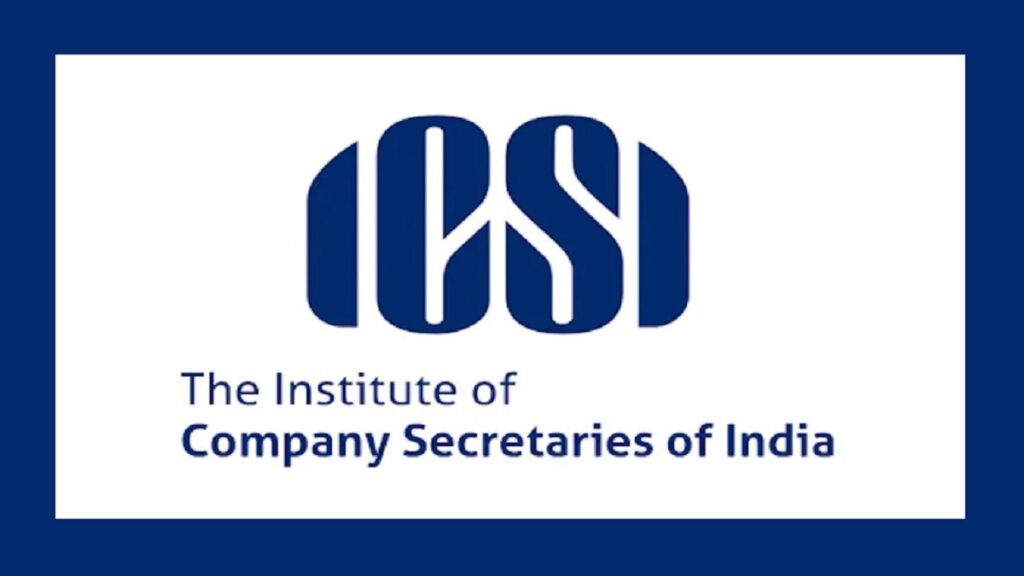Stages To Become a Company Secretary

The profession of a Company Secretary (CS) is a noble and challenging one and has a defined academic and career progression. Company Secretaries are very important in a company since they help the company to run in a legal and efficient manner.
Below is a step-by-step guide on how to become a Company Secretary.

Understanding the Role of a Company Secretary
It is crucial to know what a Company Secretary does before discussing the stages. CS stands for Company Secretary and this is a top managerial post in a particular company that is to oversee that the company is in compliance with the laws governing corporations and companies acts, oversee records and ensure that all decisions made by the board of directors are implemented. They play the role of a link between the board of directors, the shareholders, and the regulatory bodies.
Stage 1: Educational Requirements
High School Education
The process of achieving a Company Secretary education starts with the basic education level in high school. Such courses as business studies, accounting and economics are useful. Success in these areas can give a good foundation for further education.
Undergraduate Degree
There is no requirement to have a particular undergraduate degree to begin the CS course, but having a degree in commerce, business administration, or law will be beneficial. These fields offer appropriate information and skills that are useful for a CS.
Stage 2: The Company Secretary Course
The CS course in India is offered by the Institute of Company Secretaries of India (ICSI) which is the leading institute. The course is divided into three stages:
The course is divided into three stages namely,
1. Foundation Programme (CSEET)

The Foundation Programme is the first course offered in the university for high school leavers. It includes fundamental topics such as business environment, business management, ethics, entrepreneurship, and business economics. The length of this course is normally eight months.
Eligibility: The candidates must be a high school graduate (10+2 or equivalent) from any stream except Fine Arts.
2. Executive Programme
The Executive Programme is the second tier and can be taken after the completion of the Foundation Programme or immediately after the completion of the degree for those with the appropriate degree. This stage builds up on the company law, tax laws, securities laws and the economic and commercial laws. It has two sections and the student has to complete both sections in order to move to the next level.
Eligibility: The Foundation Programme or a bachelor’s degree is required for admission to the programme.
3. Professional Programme
The Professional Programme is the last level of the CS course. This stage enables the students to be prepared for higher responsibilities by offering topics such as governance, risk management, financial management, and compliance. It also encompasses the practical sessions and internships.
Eligibility: Clearing the Executive Programme.
Stage 3: Practical Training
The CS course includes the practical training which gives the students the opportunity to work in the corporate environment. It typically involves:
1. Short-term Training
The Executive Programme is followed by a 15-day Executive Development Programme (EDP) for the students.
2. Long-term Training
Following the Professional Programme, the students are expected to undergo 12 months of management training in a company or under a practicing Company Secretary.
3. Specialized Training
Also, there is a 15-day Management Skills Orientation Programme (MSOP) which is compulsory for the CS aspirants, which aims at polishing the managerial skills of the prospective CS professionals.
Stage 4: Membership and Continuing Professional Education
After passing the Professional Programme and the practical training, the candidates can apply for membership in the ICSI. This entitles them to be referred to as the Associate Company Secretary (ACS).
Continuing Professional Education (CPE)
Still, after becoming a CS, the professionals are expected to continue with their education to keep abreast with the current laws, regulations, and practices. The ICSI requires its members to acquire a specific number of Continuing Professional Education (CPE) credits via seminars, workshops, and other educational activities.
Career Opportunities
After getting certified as a Company Secretary, the job market is filled with numerous opportunities for you. You can work in different fields like corporate world, financial organizations, banks, government organizations, and regulatory agencies. The other option you can take is to practice on your own as a consultant.
Roles and Responsibilities
A Company Secretary’s responsibilities are diverse, including:
- Corporate laws and regulations are important in any country and therefore compliance with them is crucial.
- Providing the board with advice on governance issues
- The statutory books and records must be kept up to date
- Coordinating with the authorities and other interested parties
- Managing investor relations
- Overseeing mergers and acquisitions
Final thoughts
It is a process that takes time, effort and passion to become a company secretary and embrace the profession as a lifetime learning process.
The steps described here – educational requirements and professional courses, practical training, and further education – prepare future CS professionals for this critical corporate position.
If you want to become a Company Secretary and have a significant responsibility for the companies’ success, follow this structured path.
















